
Luxusmodell
¥18.56
Luxusmodell

Olthatatlan vágy/ Hiába futsz/ K?nny? kaland, extrákkal
¥42.92
Olthatatlan vágy/ Hiába futsz/ K?nny? kaland, extrákkal
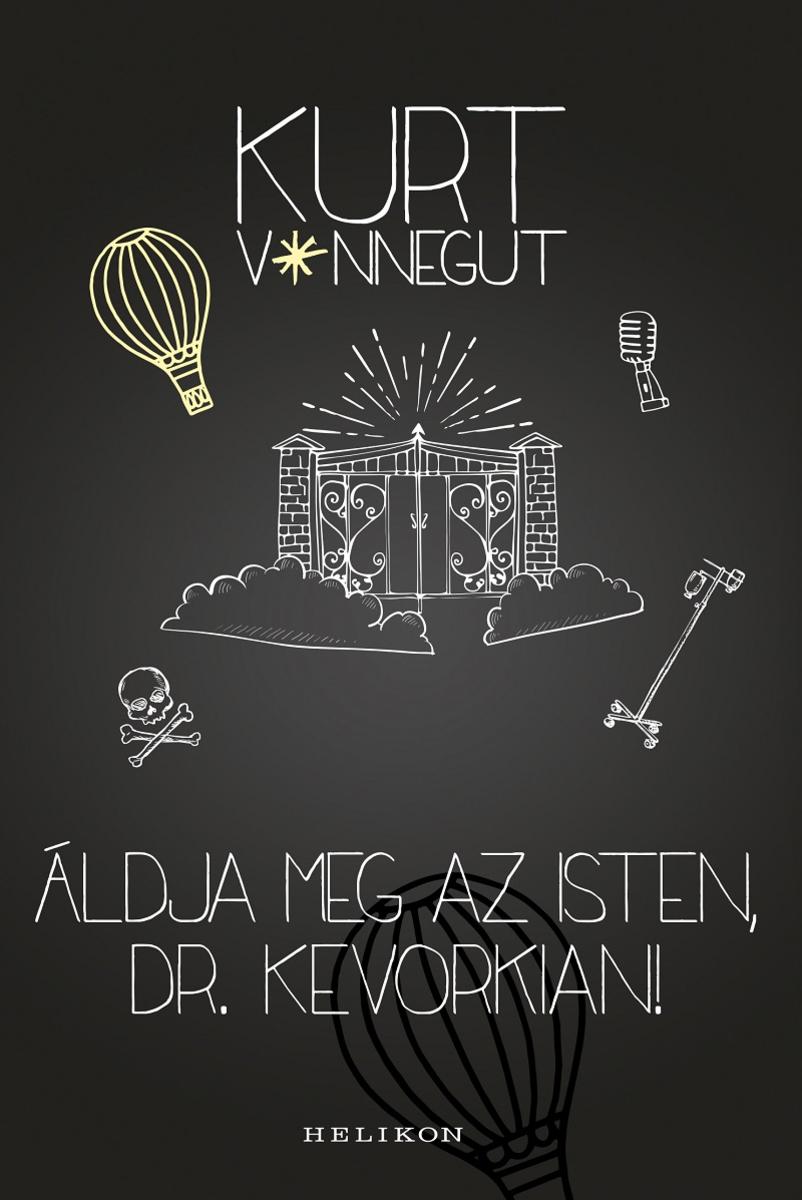
?ldja meg az isten, dr. Kevorkian
¥49.30
ldja meg az isten, dr. Kevorkian
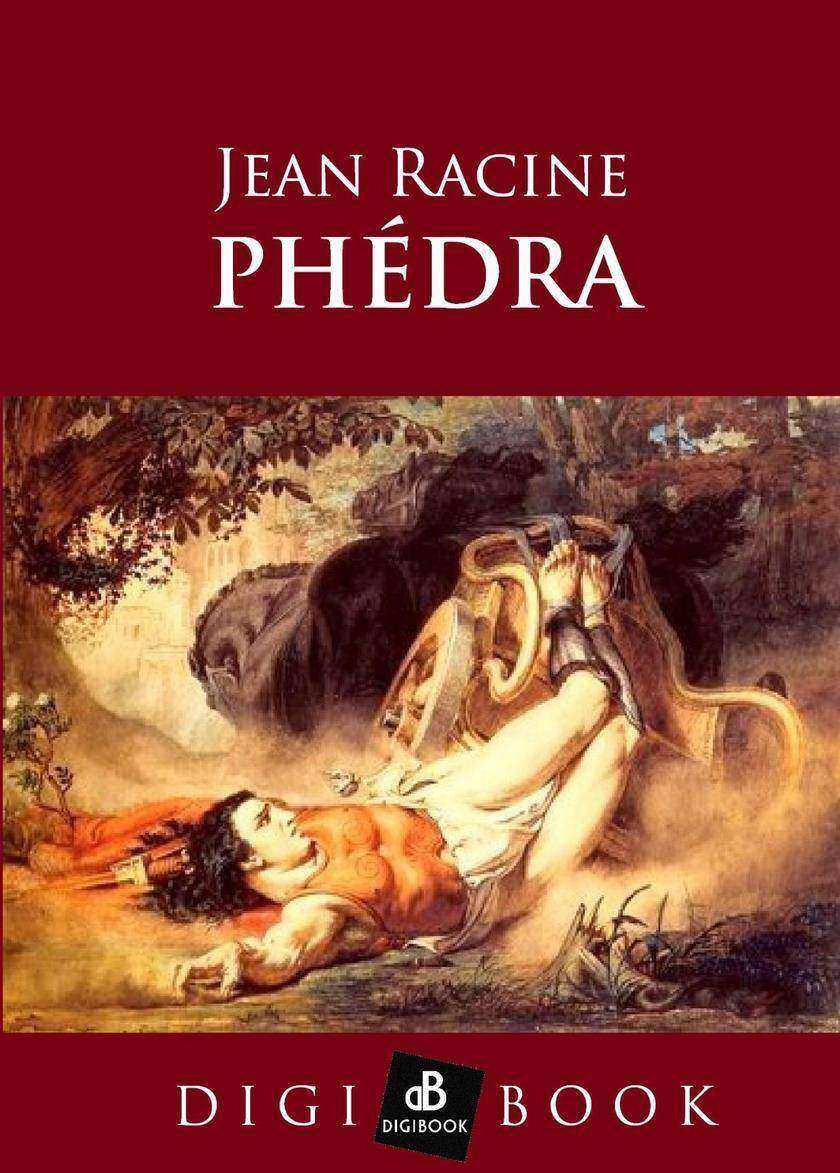
Phédra
¥25.91
Phédra
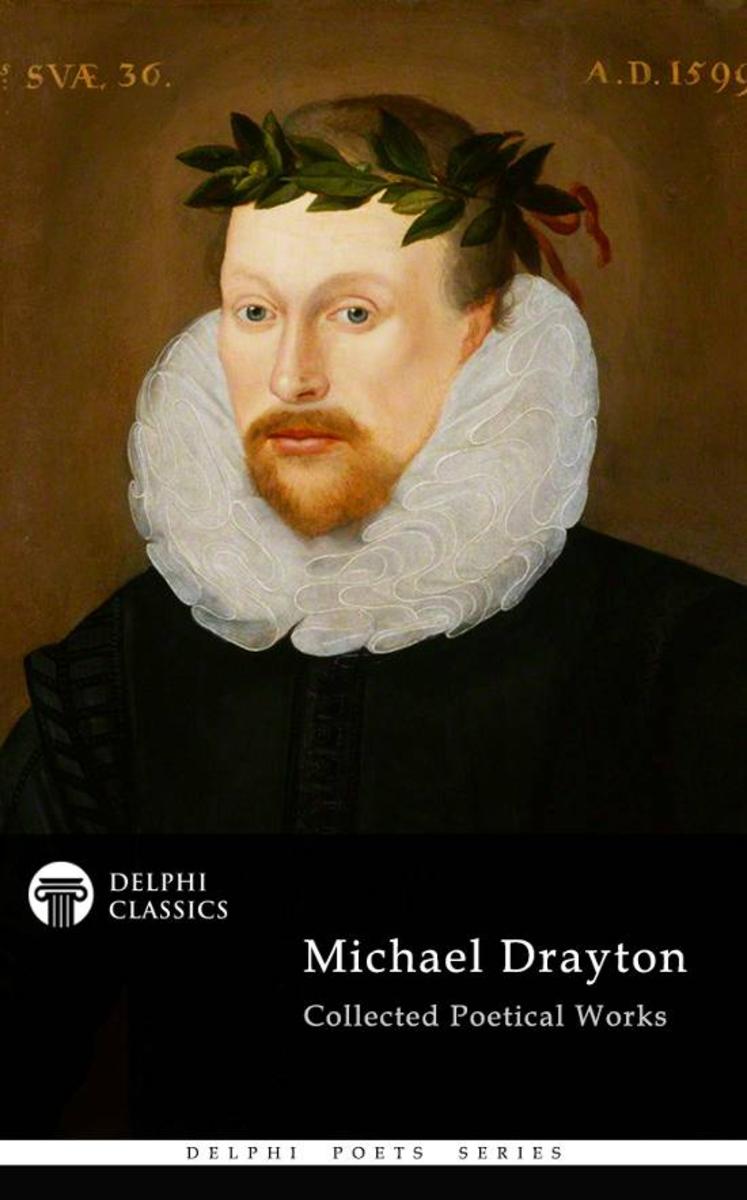
Delphi Collected Works of Michael Drayton (Illustrated)
¥24.44
Delphi Collected Works of Michael Drayton (Illustrated)

Budapest novemberben
¥67.12
Budapest novemberben

Halál a tóparton
¥66.79
Halál a tóparton
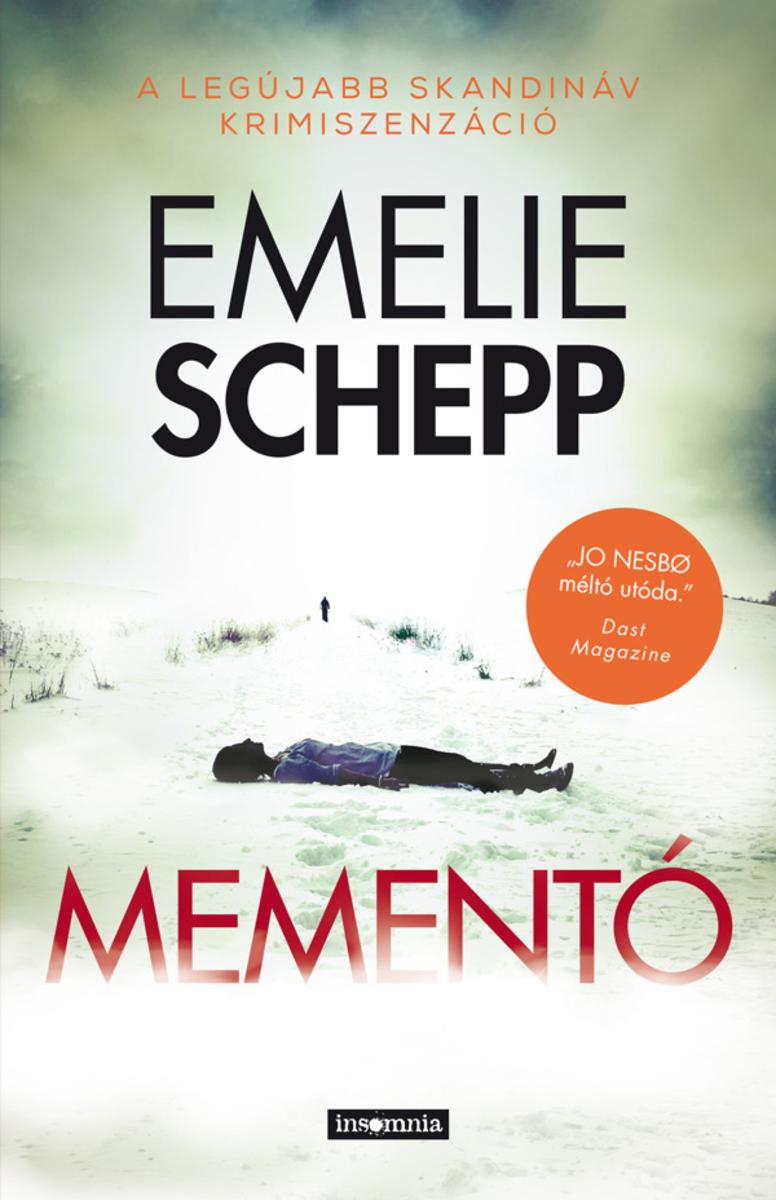
Mementó
¥68.83
Mementó

A magas f?ben: Teljes gázzal
¥27.96
A magas f?ben: Teljes gázzal

Tiffany 238. (Szívkirály)
¥18.74
Tiffany 238. (Szívkirály)

Júlia 494. (Soha vagy ?r?kké?)
¥18.74
Júlia 494. (Soha vagy ?r?kké?)
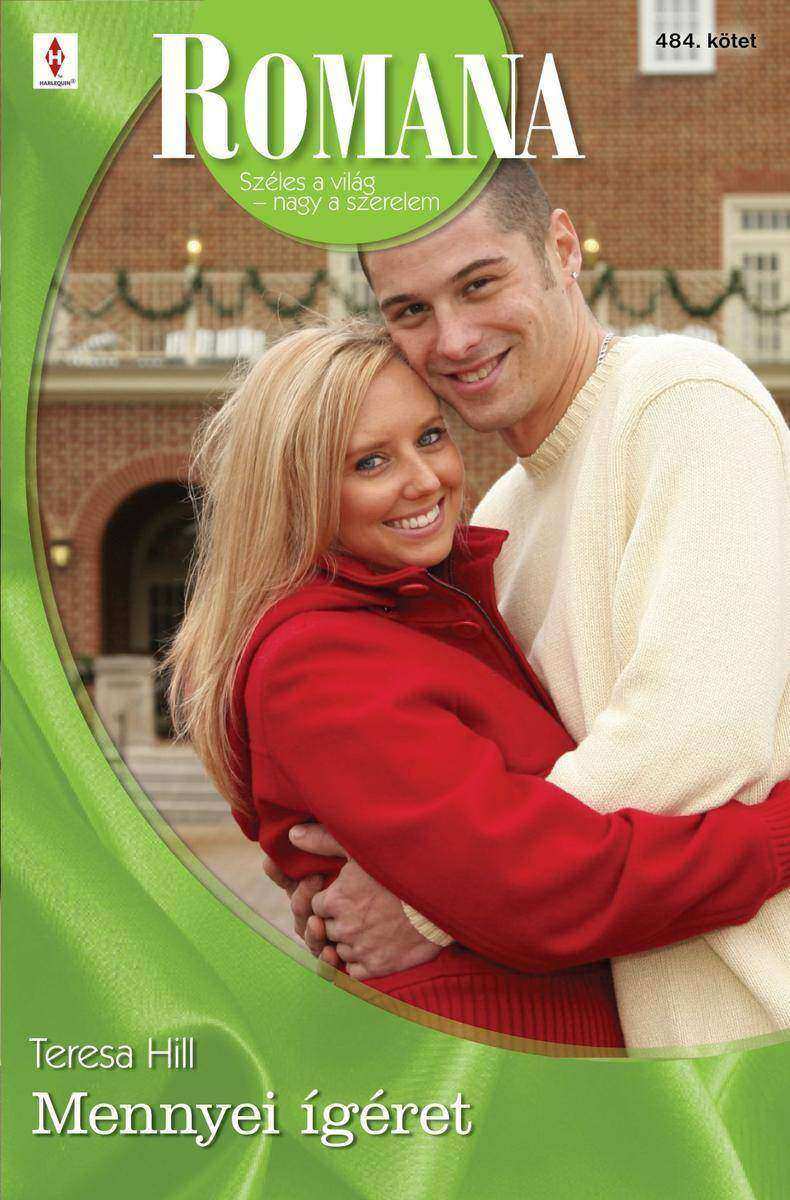
Romana 484. (Mennyei ígéret)
¥18.74
Romana 484. (Mennyei ígéret)
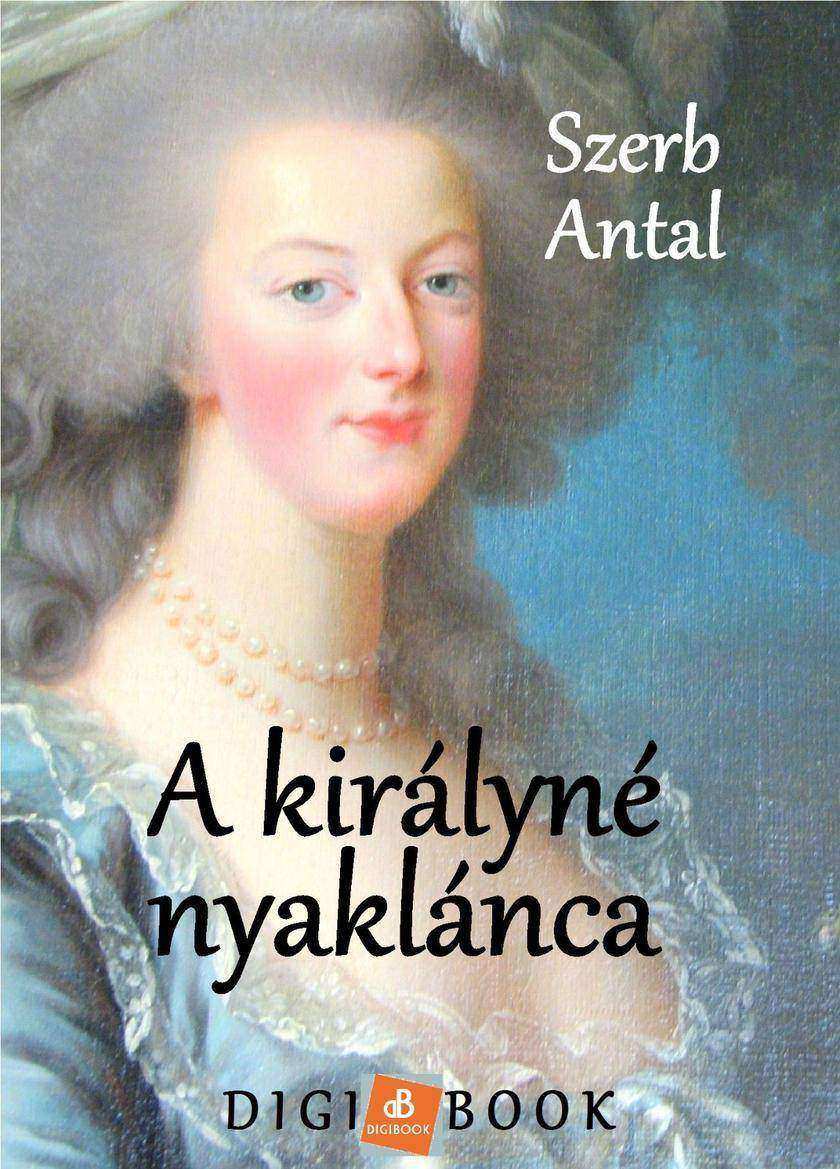
A királyné nyaklánca
¥28.53
A királyné nyaklánca

Tiffany 263–264. (?tváltoztatjuk, Három lépés távolság)
¥48.80
Tiffany 263–264. (?tváltoztatjuk, Három lépés távolság)
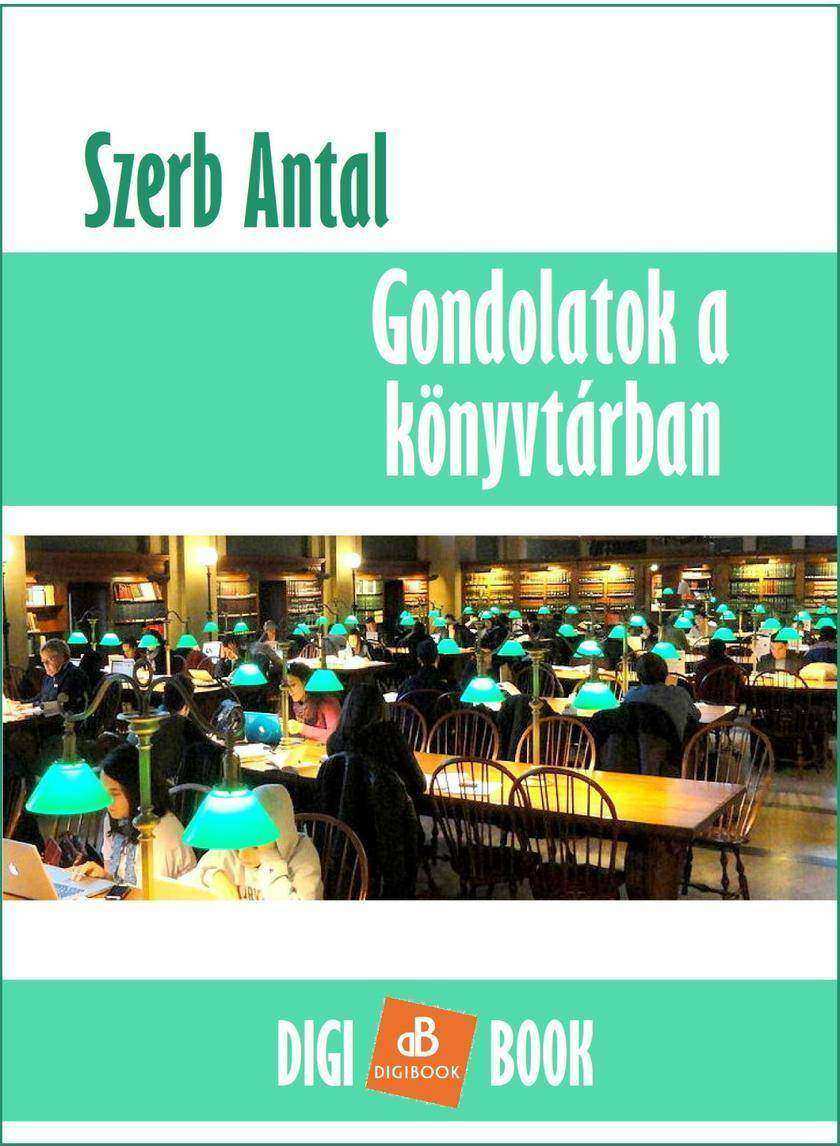
Gondolatok a k?nyvtárban
¥48.74
Gondolatok a k?nyvtárban

Romana 481. (Dada álnéven)
¥18.74
Romana 481. (Dada álnéven)

Júlia 489. (Mondj igent a szerelemre!)
¥18.74
Júlia 489. (Mondj igent a szerelemre!)
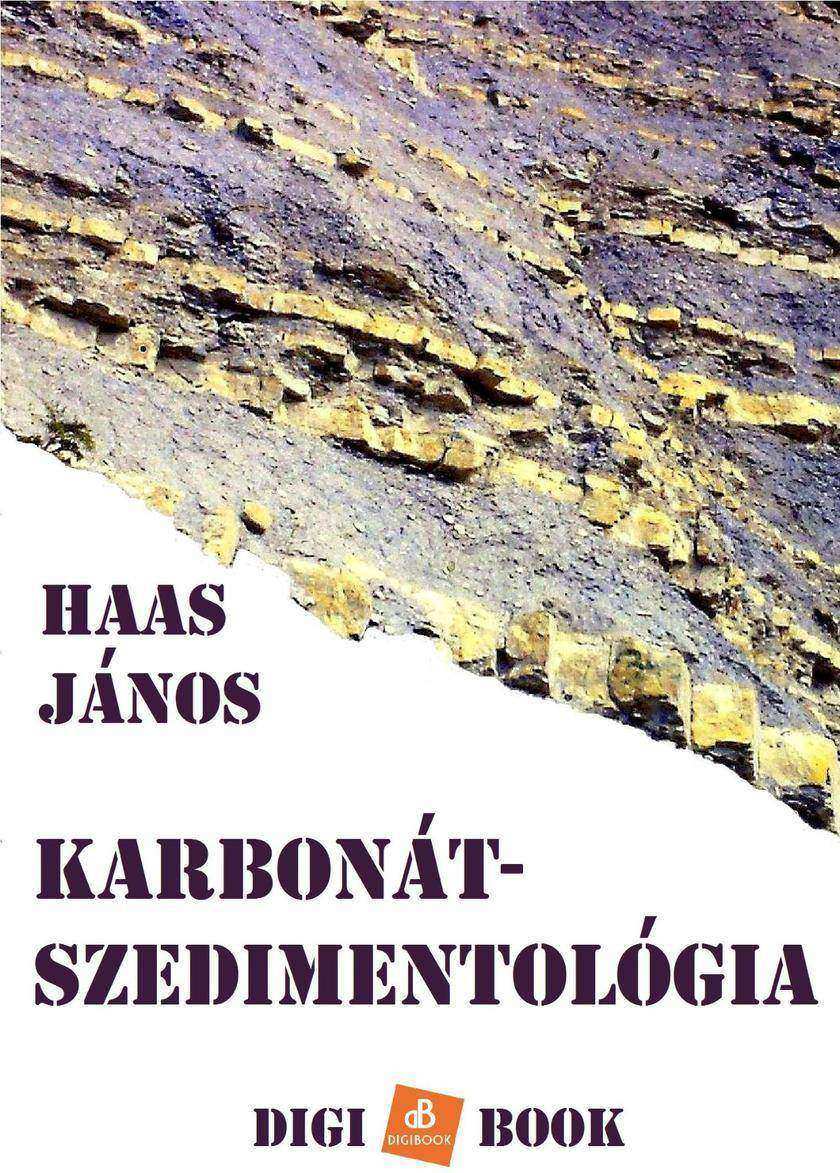
Karbonát-szedimentológia
¥42.92
Karbonát-szedimentológia

Bianca 246. (K?zszolgálati boszorkány)
¥18.74
Bianca 246. (K?zszolgálati boszorkány)
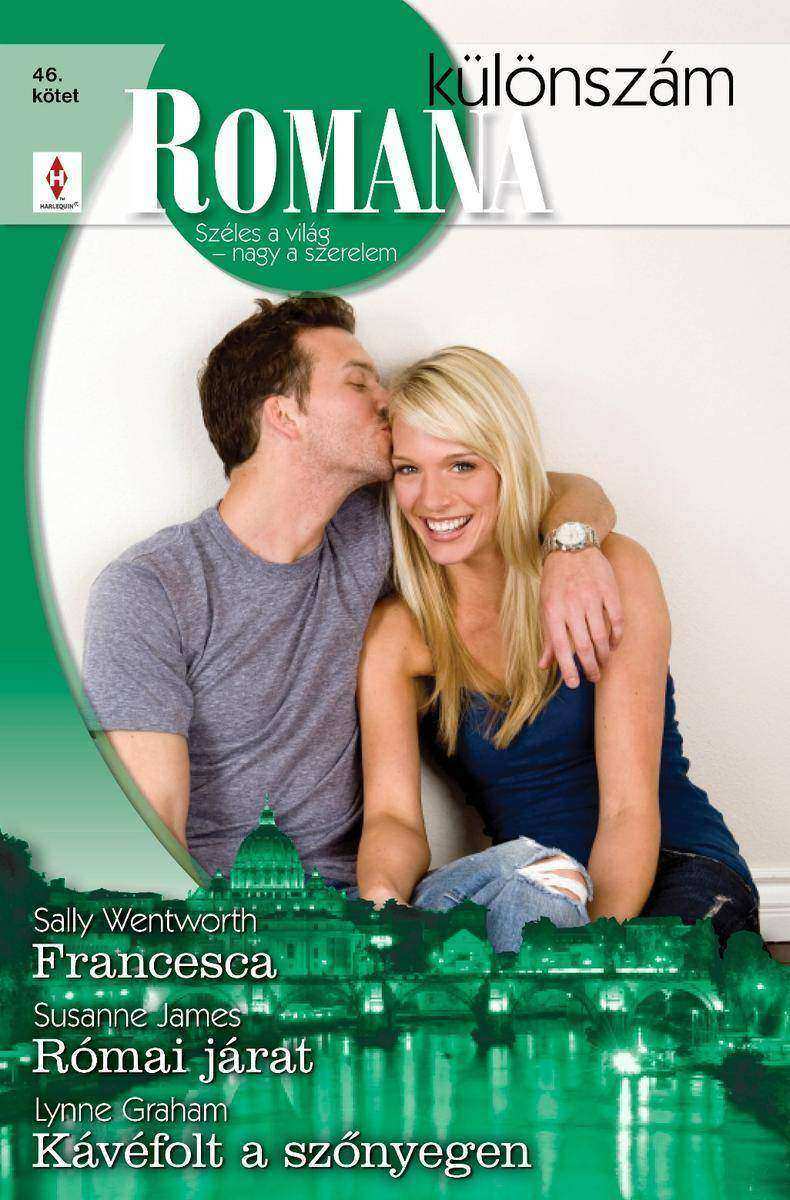
Romana kül?nszám 46. k?tet
¥43.08
Romana kül?nszám 46. k?tet

Júlia 485. (Orosz rulett)
¥18.74
Júlia 485. (Orosz rulett)




 购物车
购物车 个人中心
个人中心



